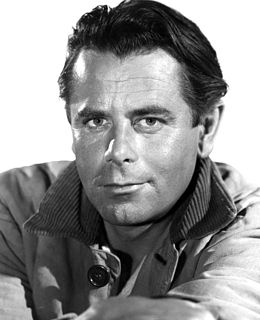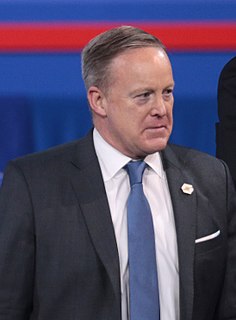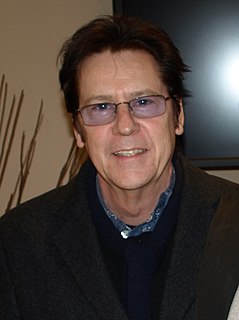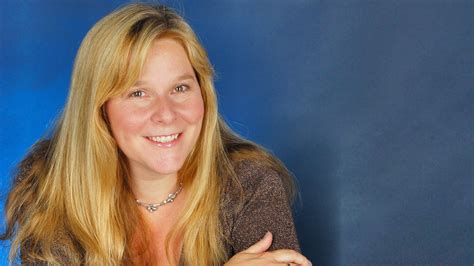A Quote by Glenn Ford
I was making a film called The White Tower at the foot of Mont Blanc - the one thing I learned from that experience was that it's more difficult to go down a mountain than to go up. A lot of people don't realize that.
Related Quotes
The point is, not to resist the flow. You go up when you're supposed to go up and down when you're supposed to go down. When you're supposed to go up, find the highest tower and climb to the top. When you're supposed to go down, find the deepest well and go down to the bottom. When there's no flow, stay still. If you resist the flow, everything dries up. If everything dries up, the world is darkness.
You see, if the height of the mercury [barometer] column is less on the top of a mountain than at the foot of it (as I have many reasons for believing, although everyone who has so far written about it is of the contrary opinion), it follows that the weight of the air must be the sole cause of the phenomenon, and not that abhorrence of a vacuum, since it is obvious that at the foot of the mountain there is more air to have weight than at the summit, and we cannot possibly say that the air at the foot of the mountain has a greater aversion to empty space than at the top.
For me, as a film goer, I like nothing more than to sit in the cinema, have the lights go down and not know what I'm about to see or unfold on-screen. Every time we go to make a film, we do everything we can to try to systematise things so we're able to make the film in private, so that when it's finished it's up to the audience to make of it what they will.
A magazine editor recently asked me to sit down on my 40th birthday and write an article on the most important things I had learned in my first 40 years. I told him that the chief thing I had learned was that the copybook maxims are true, but that too many people forget this once they go out into the heat and hustle and bustle of the battle of life and only realize their truth once one foot is beginning to slip into the grave. The man who has won millions at the cost of his conscience is a failure.
I was doing cartoons and mocking white liberals, mocking the attitude of government who said to go slow, while intending to do absolutely nothing for black people, then called Negroes. And I had a lot of fun and I expressed a lot of anger. That was a thing that was important to know at that time. As I was emerging into more and more into politics that I was angry.
Shane Salerno and I adapted my book Savages together, and I learned a lot about adaptation. I think it's an extremely difficult thing to do; adaptation might even be more difficult than writing an original screenplay. It's so much a matter of choices, making choices of what to leave in. It was an education.
What people don't understand about making a film is sometimes your experience on the film shapes who you are. You're gone to another country for five months, maybe more, there's training leading up to it... It's a whole life experience that people don't see because they just see the final product wrapped up in a couple hours. You don't see everything that happens around it. I think it's hard to say one movie or one thing; I think they all shape who you are.




































